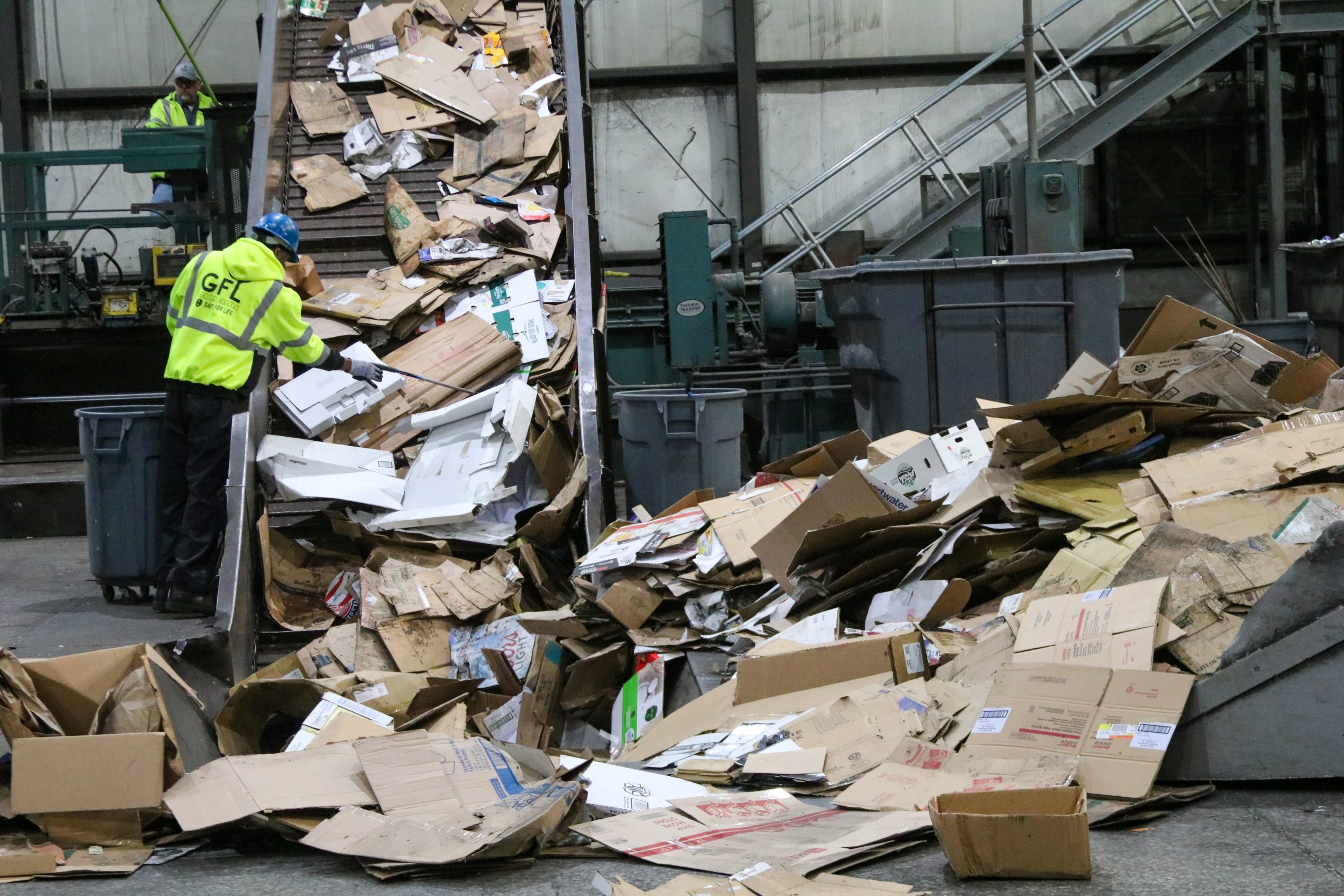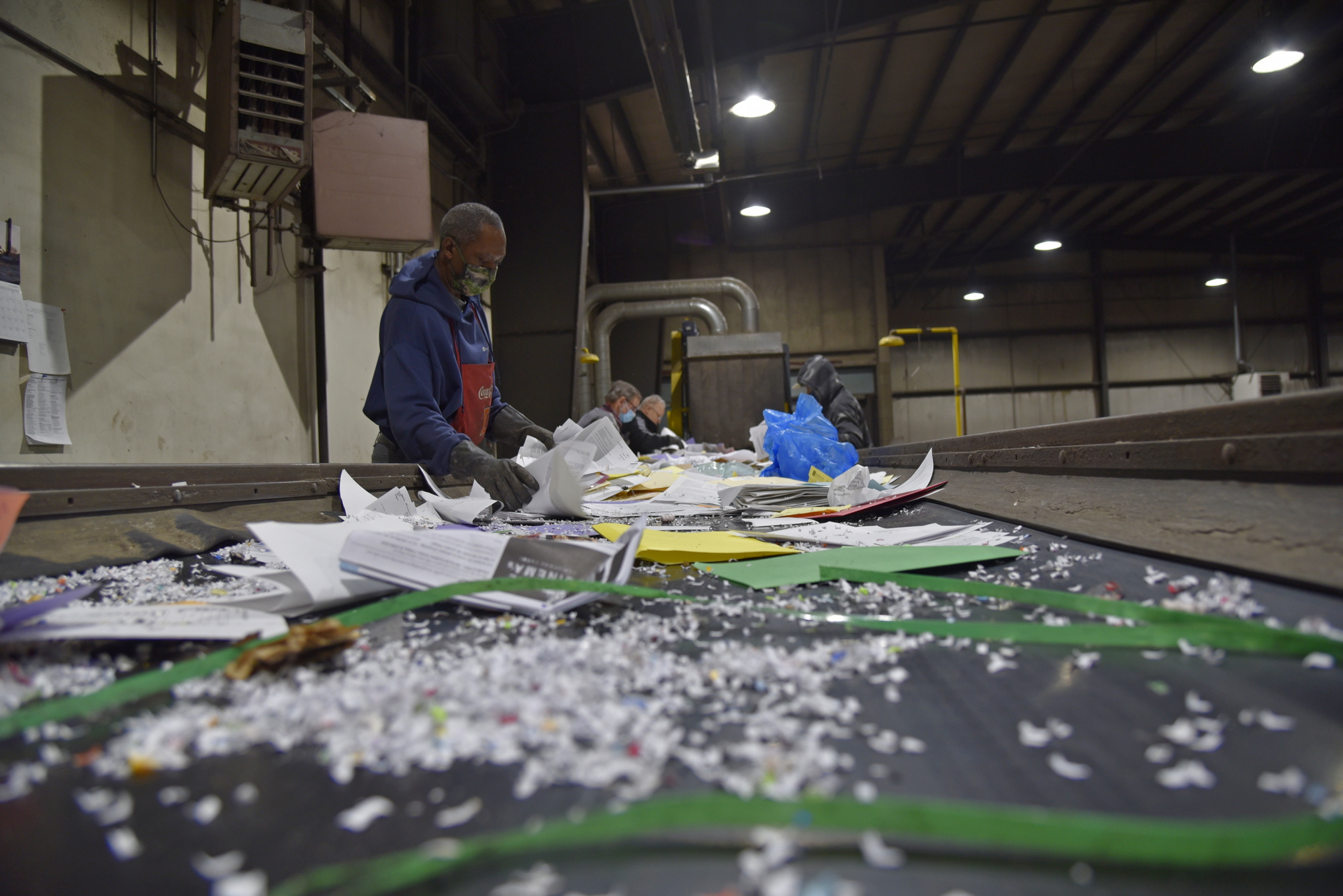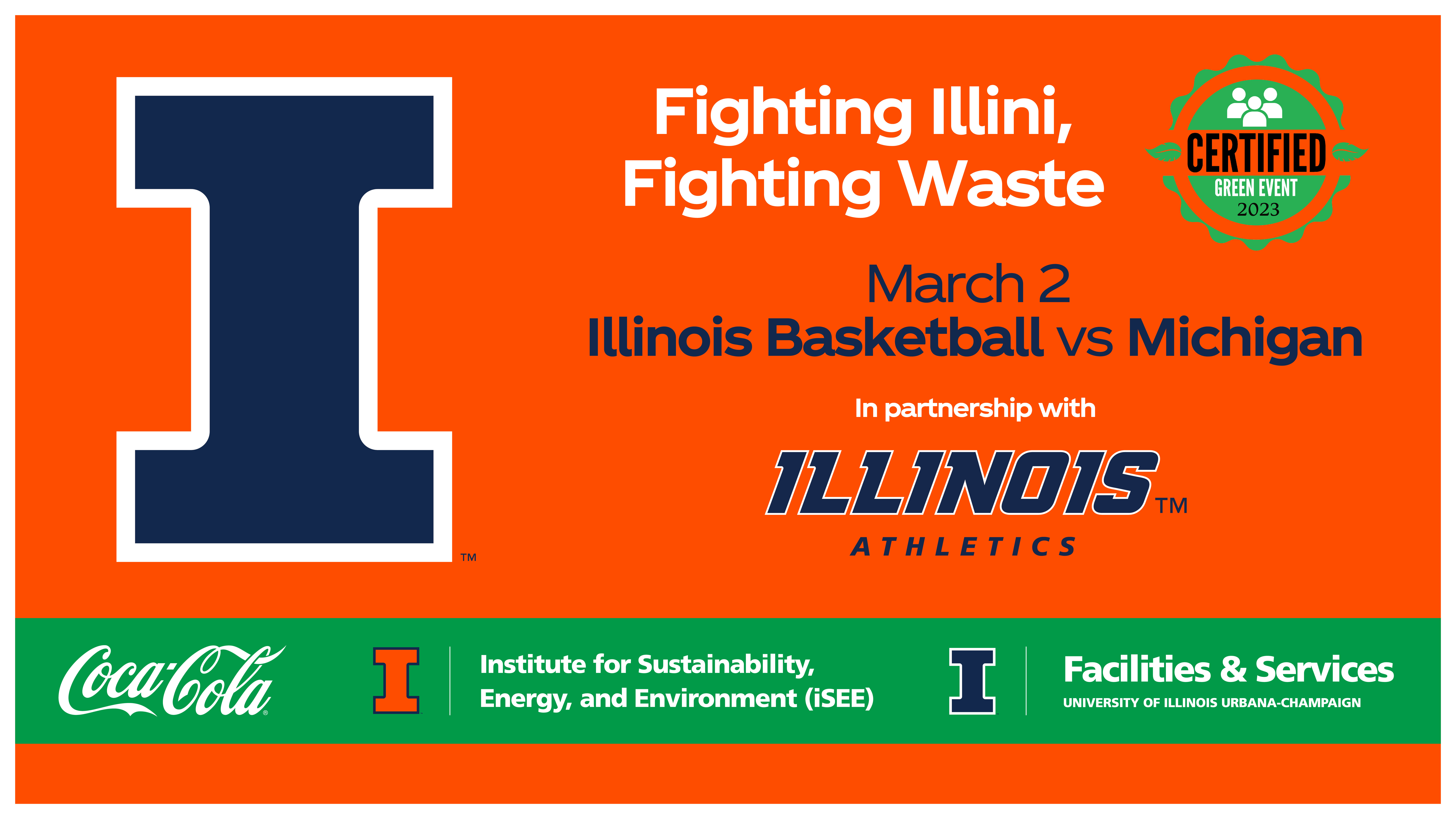Zero Waste

U. of I. Objectives
The Zero Waste International Alliance defines zero waste as “the conservation of all resources by means of responsible production, consumption, reuse, and recovery of products, packaging, and materials without burning and with no discharges to land, water, or air that threaten the environment or human health.” As part of the global sustainability movement, the university can play a pivotal role by modeling leadership in how zero waste can be realized in college settings and micro-urban areas.
The Illinois Climate Action Plan (iCAP), the campus’ strategic sustainability action plan, includes seven primary goals related to zero waste and promotes a campus culture by empowering individuals and units to take responsibility for everything from purchasing to waste reduction. The iCAP Portal website documents all corresponding projects and initiatives related to recycling on campus and provides additional contact information for associated project stakeholders and subject matter experts.
While the campus has maintained its municipal solid waste diversion rate of between 20 and 30 percent since 2020, a renewed emphasis on individual and group action based on these recommendations will be vital to preventing more recyclable materials from reaching the waste stream in the years ahead. Primary campus recycling operations occur at the Waste Transfer Station (WTS) for plastic bottles with ♻1 and ♻2 resin codes and aluminum cans (e.g., soda cans), cardboard, and scrap metal. These materials must be appropriately placed into campus recycling bins and containers, indoors and outdoors, or specifically collected during project or service work, to ensure that they will be sorted at the WTS.
Because ♻1 and ♻2 materials at this recovery facility are hand sorted according to defined colored bag standards, the majority of recyclable items incorrectly placed into the trash will go unrecovered. Landfill bags are delivered to a different area of the facility and do not undergo a hand sorting process.
The goal of Zero Waste is to:
- Maximize recycling
- Minimize waste
- Reduce consumption
- Ensure products are made to be reused, repaired, or recycled
- Purchase sustainable products
Zero Waste systems reduce greenhouse gases by:
- Saving energy, especially by reducing energy consumption associated with extracting, processing, and transporting raw materials and waste
- Reducing and eventually eliminating the need for landfills and incinerators
Campus Diversion Rates
In FY23, the campus recovered a total of 1,239.07 tons of recyclable materials, including the following:
•581.96 tons of scrap metal
•203.92 tons (246 bales) of mixed paper
•9.75 tons (18 bales) of aluminum beverage cans
•11.75 tons (33 bales) of plastic bottles (#1 & #2)
•431.69 tons (565 bales) of cardboard
Did You Know?
75% of construction demolition waste is recycled by Facilities & Services.



